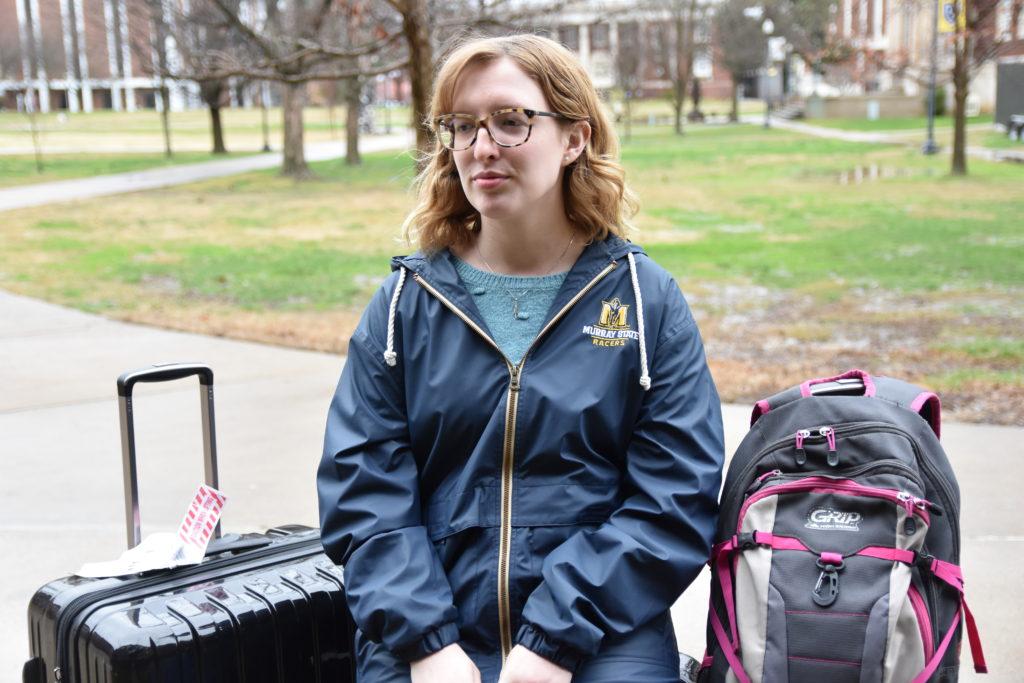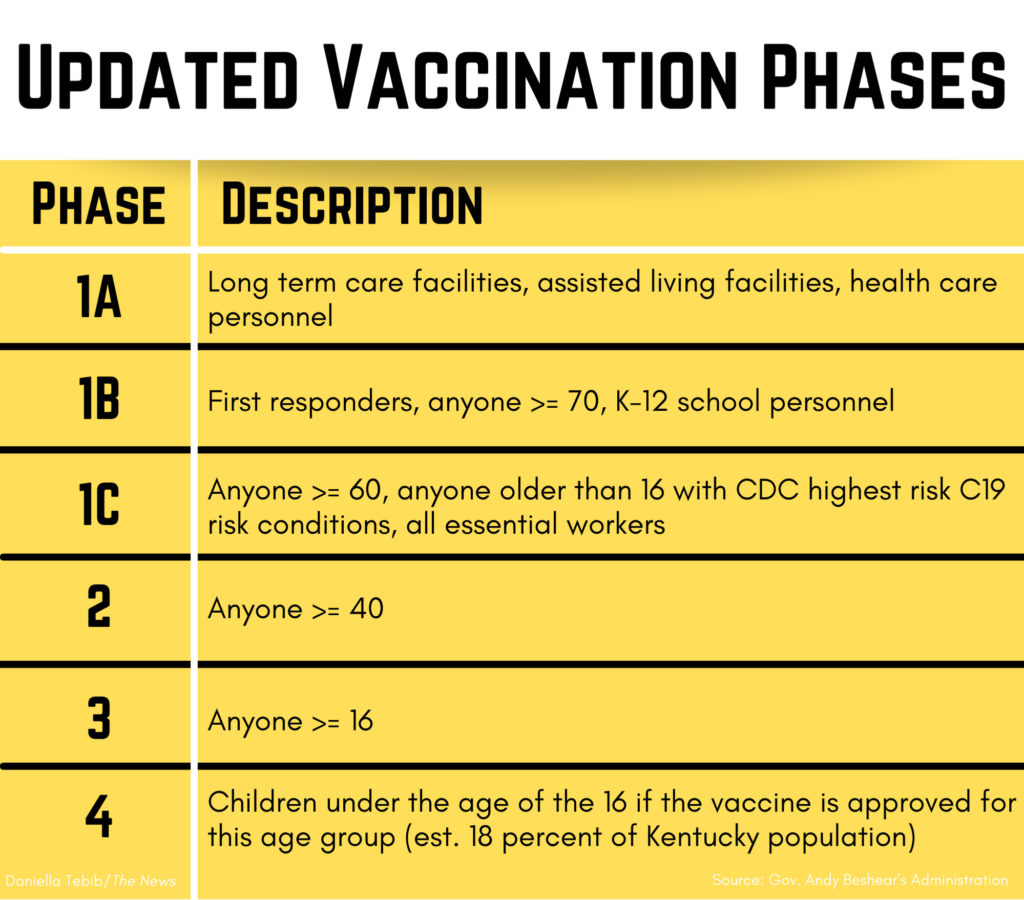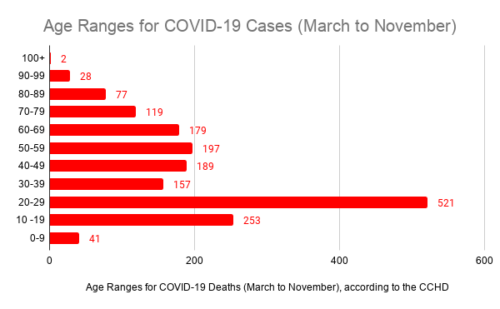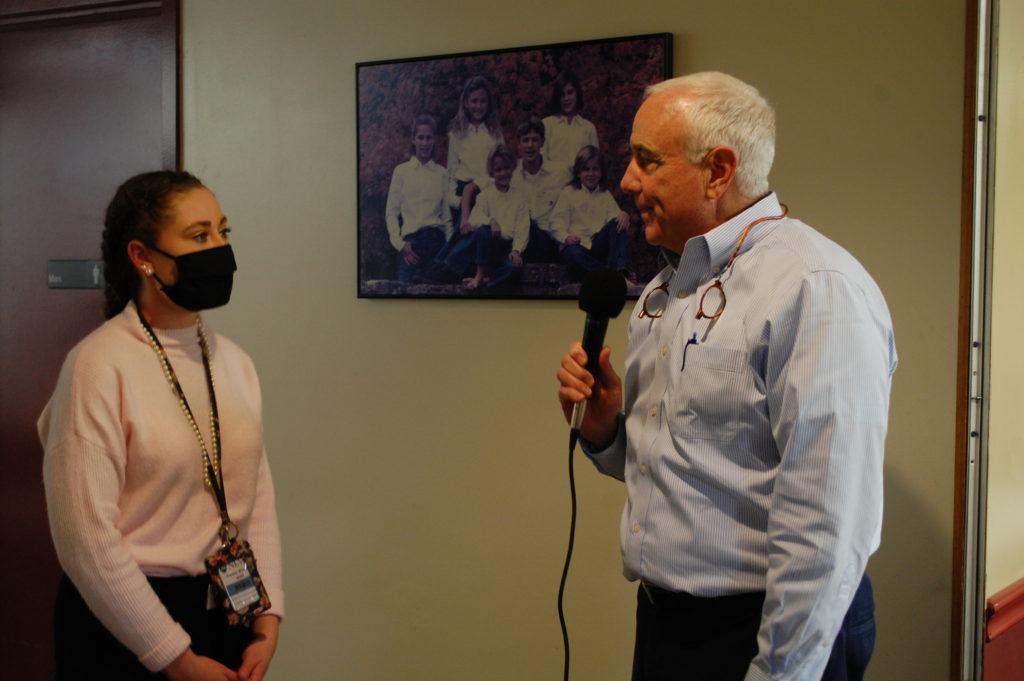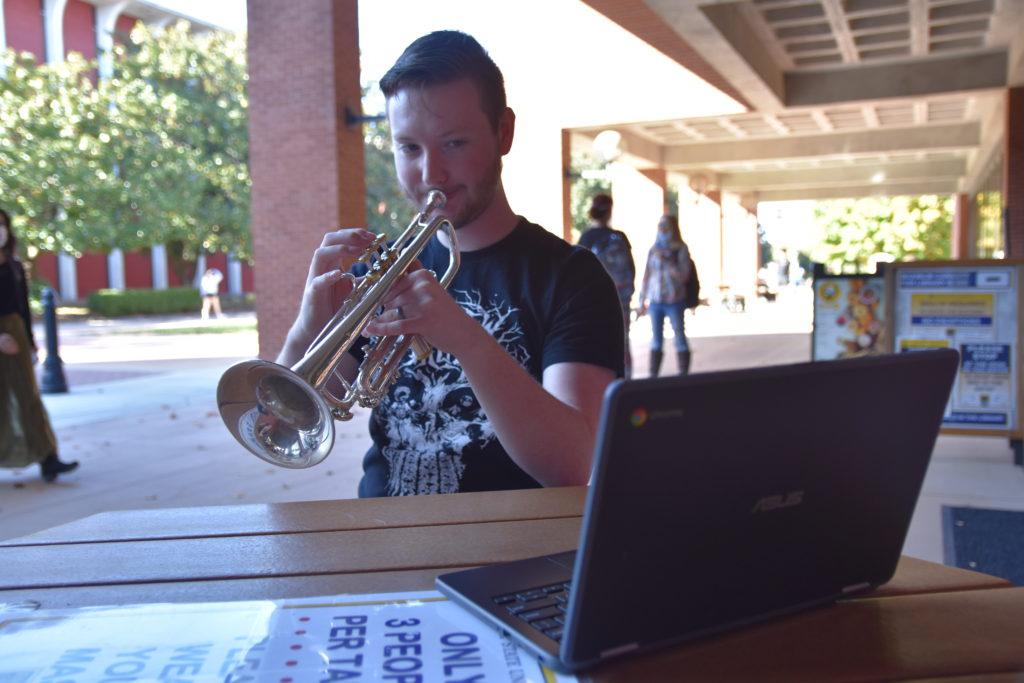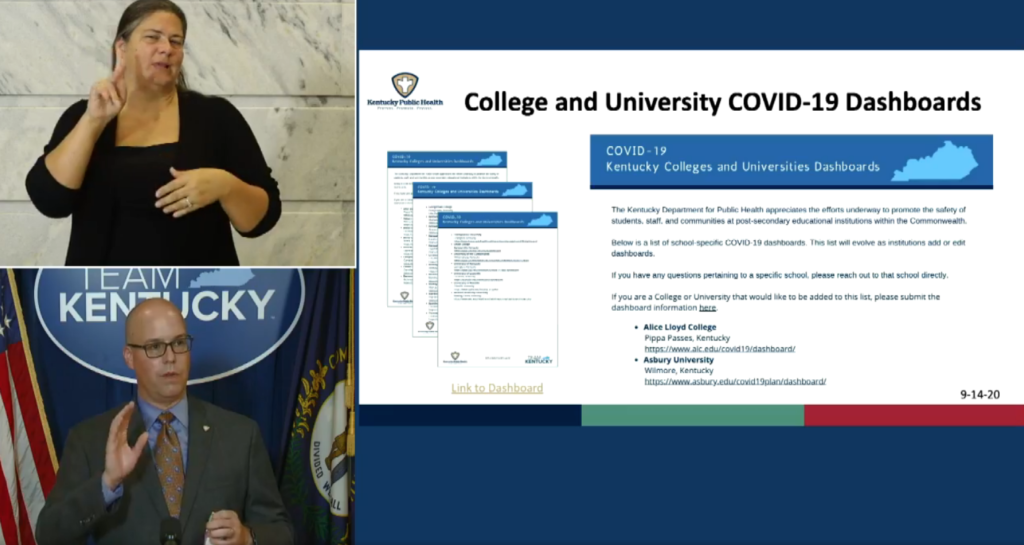Addison Watson
Staff Writer
awatson25@murraystate.edu
Following a Level 4 Travel Advisory to China issued by the U.S. State Department, one Murray State student had to scramble to re-enroll in classes on campus after having to cancel her study abroad plans.
Elizabeth Erwin, junior from Crestwood, Kentucky, is a double major in public relations and international studies with a focus on Asia.
Erwin had already enrolled in her spring and summer semesters in China before the newly discovered respiratory illness, novel coronavirus, spread rampantly throughout the country.
As of press time, more than 24,000 people have become infected with coronavirus. Over 3,000 of those cases have been deemed severe and nearly 500 people have died, according to the World Health Organization.
According to the Center for Disease Control, common human coronaviruses usually cause mild to moderate upper-respiratory tract illnesses, like the common cold.
Officials say most people contract a coronavirus at some point in their lives.
According to the National Center for Immunization and Respiratory Diseases, the virus originated from animals but is now being transported by human contact.
For Erwin, the coronavirus outbreak meant she would not be able to study at Qingdao Agricultural University in the Shandong Province of China. She would have been the first Murray State student to spend an entire semester at QAU.
It wouldn’t have been Erwin’s first trip to China. She discovered her love for the Asian culture during a two-week study abroad trip in May 2018.
In preparation for her upcoming spring and summer semesters, she spent her winter break brushing up on the Chinese language. She had planned to study Chinese as a second language.
She spent the fall 2019 semester awaiting word on acceptance into the program.
“I literally didn’t find out I was accepted until the very end of last semester,” Erwin said.
Planning for her semester abroad was strenuous. Erwin had to arrange flights, obtain her visa to enter China and lock down her housing.
The coronavirus became a concern in January with cases beginning to pop up quickly in China, although mainly localized to Wuhan, Hubei. Wuhan is estimated to have over 11 million people living there, nearly 3 million more than New York City.
In less than 10 days, the number of cases grew from 300 to over 17,000.
Despite the growing number of cases in China, Erwin was not concerned and remained excited about her trip until Melanie McCallon Seib, director of Education Abroad, contacted her about reconsidering her travel plans.
On Jan. 30, the World Health Organization issued a Public Health Emergency of International Concern warning. Prior to the warning, the U.S. State Department ordered all U.S. citizens under the age of 21 living in China to be transported back to the U.S., and most commercial, nonessential flights to China had been temporarily suspended.
QAU delayed the start of its semester indefinitely until the virus is contained to a level that would allow normal interaction and activities in China to resume.
After being in contact with the Education Abroad office, Erwin decided that it would not be smart for her to wait on the situation to transpire.
“I emailed them and was like, ‘what do I do now,’” Erwin said.
McCallon Seib informed Erwin of the two choices she had. The first choice allowed her to wait for the virus to become manageable but risked delaying her projected graduation date as she would have fallen behind a semester. The second choice allowed her to return to Murray State to resume her education.
Erwin chose to return to Murray State.
“Within 30 minutes of me sending an email, they were all calling me and getting in contact with me to aid my transition back to Murray State,” Erwin said. “They were absolutely amazing.”
McCallon Seib and the staff in the Education Abroad office assisted Erwin in getting re-enrolled for this semester. One faculty member worked to get her housing secured in her old suite in H.C. Franklin College while another worked to get her scholarships reinstated where they had previously been applied.
“We work to restore housing, course registration for a full course load, remove all program fees for the program abroad as well as any late registration fees and offer any other support to move back to campus that a student might need, including the restoration of scholarships or meal plans,” McCallon Seib said.
With her semester abroad not set to begin until March 2, Erwin had been living at home and working in an attorney’s office.
Once she made the decision to return to Murray State for the semester, she quickly packed her bags and made the three-and-a-half-hour trip back to Murray State.
Erwin managed to get enrolled in all of the classes she wanted. She spent the last week getting caught up in her courses and settled into her unexpected but familiar life in Murray.
Erwin is scheduled to graduate in May 2021, which may not allow her to study abroad in China before then, but she said she will return to China in the future.
“I love China,” Erwin said. “That’s what I was most excited about; I could tell people about China and what the real China is like.”
Erwin invested a lot of her time into preparing to study abroad.
“I used a company that goes through the process of getting the proper visa for you because I didn’t have time to drive to Washington D.C. to get it myself,” Erwin said. “I had planned to spend time with some of my friends who I had connected with in China, as well as visit Cambodia.”
Guangming Zou, assistant vice president for International Studies, and his colleague Weihong Gao, English as a Second Language director, said they are in contact with all ESL students studying at Murray State who are from China.
“We understand how worried they are about their family and friends at home and assuring them that they have our support and understanding and that all University support services are available if they need any of them,” Gao said.



























































































